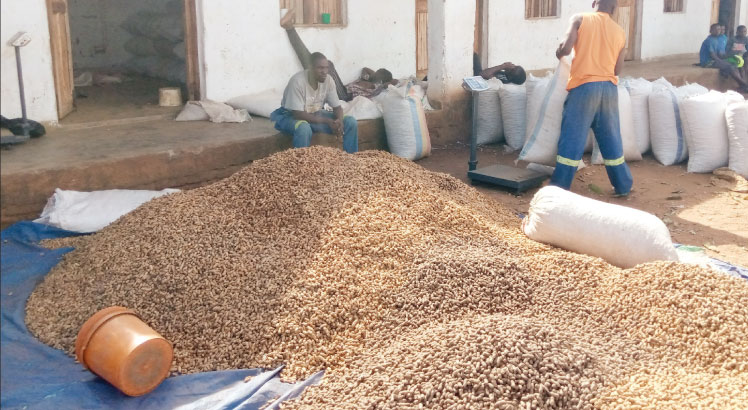‘Covid-19 dampens Cash crops’ prospects’
Prospects for the country’s key cash crops will be subdued largely due to the impact of the Covid-19 pandemic that has affected international markets, farmers’ earnings and the economy, stakeholders have said.
Malawi exports cash crops such as tobacco, sugar, coffee, cotton and tea that bring in foreign exchange.
In terms of tobacco, Tobacco Commission (TC) chief executive officer Kayisi Sadala said in an interview on Monday that despite prices being relatively good compared to last year, volumes uptake by buyers remain on the lower side.
He attributed this to slow marketing due to Covid-19 and high rejection rate, especially on the auction market, as buyers are cautious to uptake more volumes due to fears of international markets being thwarted by travel restrictions.
Sadala said cumulatively, 85 million kilogrammes (kg) of all tobacco types have been sold at an average price of $1.52 (about K1 124) per kg, generating $129 million (about K95 billion) in foreign exchange earnings.

During the same period last year, 104 million kg of tobacco was sold at an average price of $1.48 (about K1 095) per kg, which raked in $155 million (about K114 billion).
Cotton has also been affected as majority of cotton ginners pulled out of the market due to subdued international demand as textile factories are on lockdown.
Cotton Council of Malawi executive director Cosmas Luwanda said, so far, growers bank their hopes on Agricultural Development and Marketing Corporation (Admarc) and two other ginners to buy the crop.
In terms of tea, prices averaged $0.91 (about K673) per kg in May 2020 compared to $1.16 (about K853) per kg in April and $1.53 (about K1 132) per kg in May 2019.
Tea Association of Malawi chief executive officer Beyani Munthali said on Monday that poor prices have been compounded by twin challenges of Covid-19 that has affected international markets and oversupply of tea that has persisted since last year.
He said: “The situation means producers are being negatively affected due to rising input and labour costs. It means tight cash flows for companies which has trickle-down effects to the industry.”
According to the International Coffee Organisation monthly trade report, coffee prices have dropped by 4.1 percent to an average of $1.04 (K760) per pound in early May and registered a low $0.98 (K655) per kg as at the end of May due to the global pandemic.
Commenting on the situation, Betchani Tchereni, associate professor of economics at The Polytechnic—a constituent college of the University of Malawi— said the combined poor showing of cash crops means foreign exchange will be a problem which may affect imports of other essential commodities such as medical drugs. n





